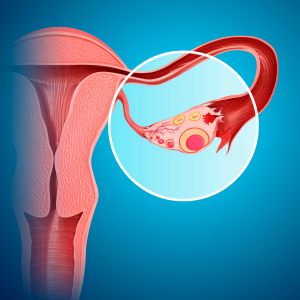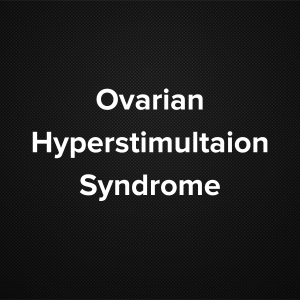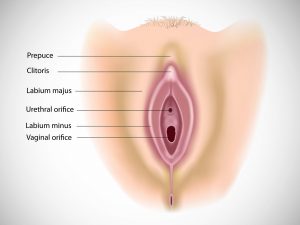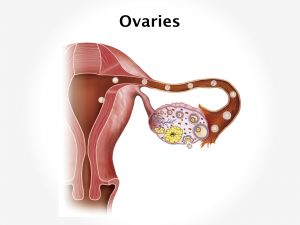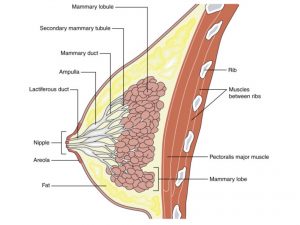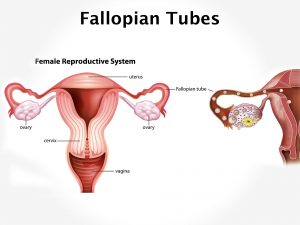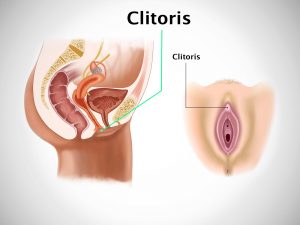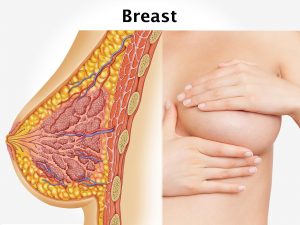Causative and risk factors
The cause of PMS is believed to be the hormonal fluctuations that occur during a menstrual cycle.
Additionally a few factors may worsen PMS:
History of clinical depression
Poor eating habits
Chronic stress
Women who experience PMDD (premenstrual dysmorphic disorder), a severe form of PMS usually have an underlying psychiatric disorder.
Clinical presentation
While undergoing PMS, a woman may experience several physical and emotional symptoms. These usually last 2 to 14 days prior to the onset of each menstrual period.
The emotional symptoms can include one or many changes in feelings and behavior. Some women may have a desire to weep without any cause whilst some may become hyper-irritable and experience fits of anger. She may experience “mood swings” depression, or undue anxiety. She may find it difficult to fall asleep or to concentrate on a task. She may also experience changes in her appetite, several abnormal cravings and lack of interest in interacting with others.
The physical symptoms include headaches, body aches, bloating and fatigue. Several women experience flare up of acne and tenderness in the breast prior to the menstrual period. Her bowel habits may change causing constipation or diarrhea.
A woman never experiences all of these symptoms at a time. Every woman is predisposed to specific symptoms that recur each month and some may have a change in symptoms in different months. However, only a few symptoms are present at a time.
Investigations
PMS is diagnosed on the basis of the patient’s symptoms. All the emotional and physical changes that occur a few days prior to menses are noted. The symptoms that recur month after month are attributed to PMS.
Treatment
Making simple lifestyle changes can alleviate PMS to an appreciable extent. Women are advised to eat a balanced diet encompassing fruits, vegetables, dairy and whole grains. Intake of salty food, caffeine and alcohol must be avoided. Regular moderate exercise plays a pivotal role in reducing PMS. She must also ensure adequate sleep and rest. To reduce stress, Yoga and massages may be inculcated.
If these lifestyle changes do not help, medications are prescribed depending upon the chief symptoms. They may include anti-inflammatory drugs, anti depressants, anti seizure medication and oral contraceptive pills. Several multi vitamins (Vitamin E, vitamin B6) and mineral supplements (calcium, magnesium) are also believed to have a beneficial effect in taming PMS.
Recent updates
It is now believed that fluctuations in levels of a chemical called serotonin that is responsible for determining moods; may be responsible for or contribute to PMS.
A few studies have shown some relief in PMS symptoms by intake of fruit of chasteberry tree, evening primrose oil and gingko biloba. However the benefit of these substances has not been validated by the scientific community at large.
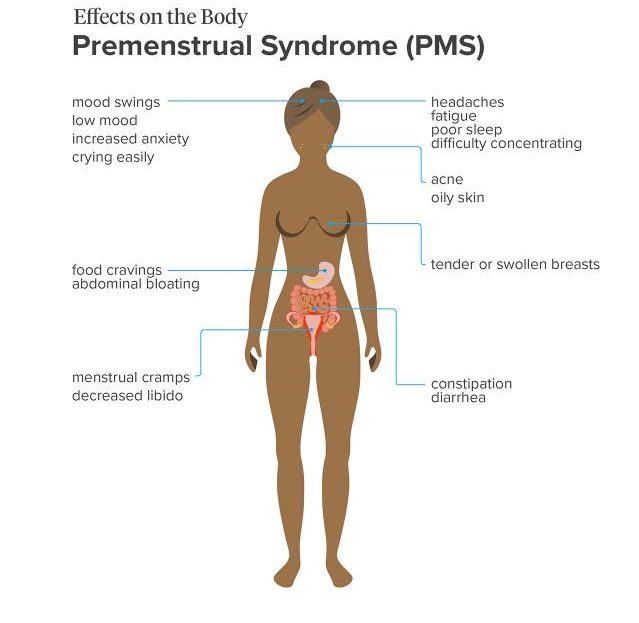
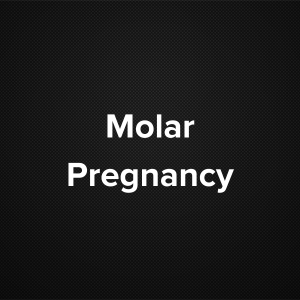


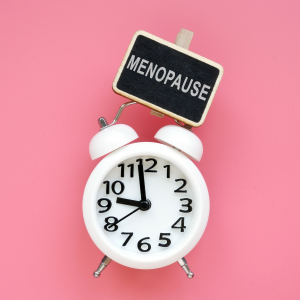
![Lobular Carcinoma In Situ [LCIS]](https://moho.loopshell.com/read/wp-content/uploads/2022/01/Lobular-Carcinoma-In-Situ-Lcis-300x300.png)


